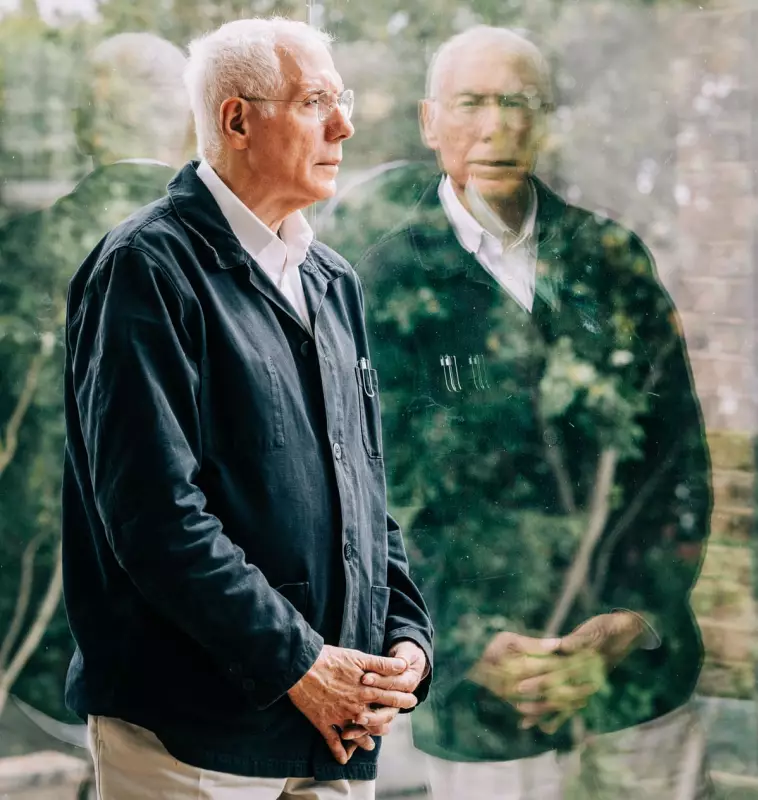
After four decades of delving into the human psyche, one psychoanalyst reflects on the most revealing and unexpected questions patients have asked about sex, desire, and identity. From the deeply personal to the universally relatable, these conversations shed light on the complexities of human relationships and self-understanding.
The Questions That Define Us
"Are you asking for my help to be gay?" This was one of the many startling questions posed to the psychoanalyst over the years. Such inquiries often reveal deeper anxieties about identity, acceptance, and societal expectations. The therapist notes that these moments are not just about sexuality but about the fundamental human need to belong and be understood.
Desire Beyond Labels
Desire, the psychoanalyst explains, is rarely as straightforward as society would have us believe. Patients frequently grapple with conflicting feelings, shaped by cultural norms, personal history, and unconscious motivations. The therapist emphasises that understanding desire requires moving beyond rigid labels and embracing the fluidity of human experience.
The Role of Therapy
Psychoanalysis, in this context, becomes a space for exploration rather than judgment. The therapist’s role is not to provide answers but to help patients navigate their own questions. Over the years, the psychoanalyst has witnessed how this process can lead to profound self-discovery and, ultimately, greater emotional freedom.
Lessons Learned
Among the most valuable lessons from 40 years of practice is the realisation that sexuality and desire are deeply individual yet universally human. The therapist’s work underscores the importance of compassion, curiosity, and the courage to confront the unknown—both in ourselves and in others.





